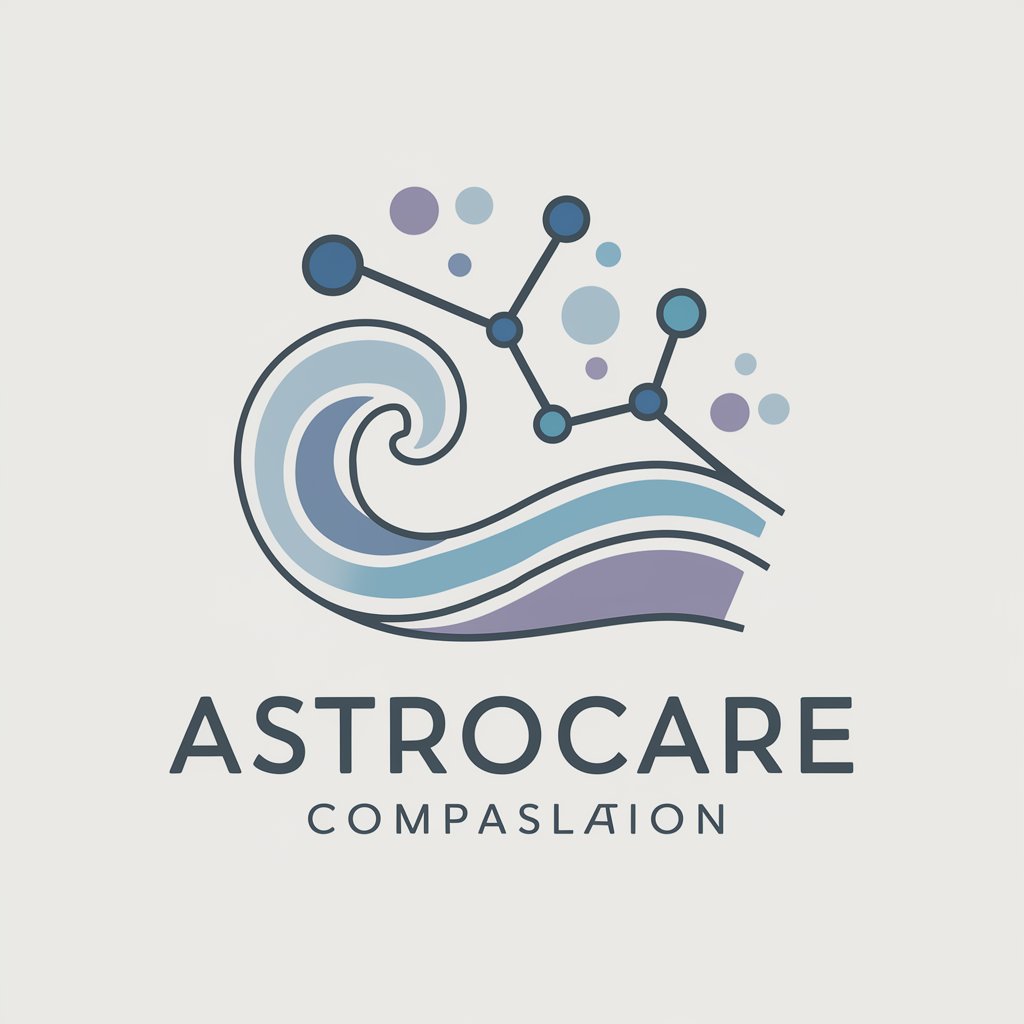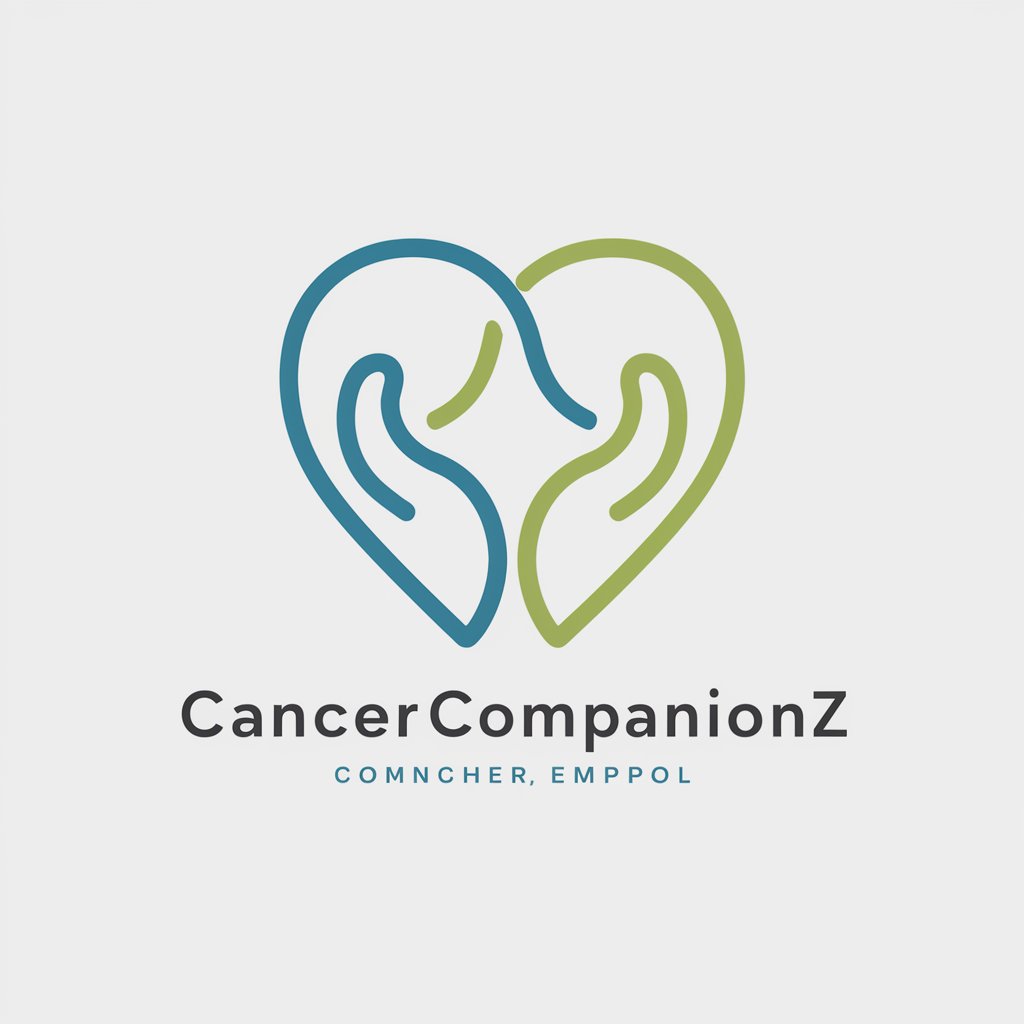
🌟 Cancer Care Companion GPT 🌟 - Oncology Insight Tool
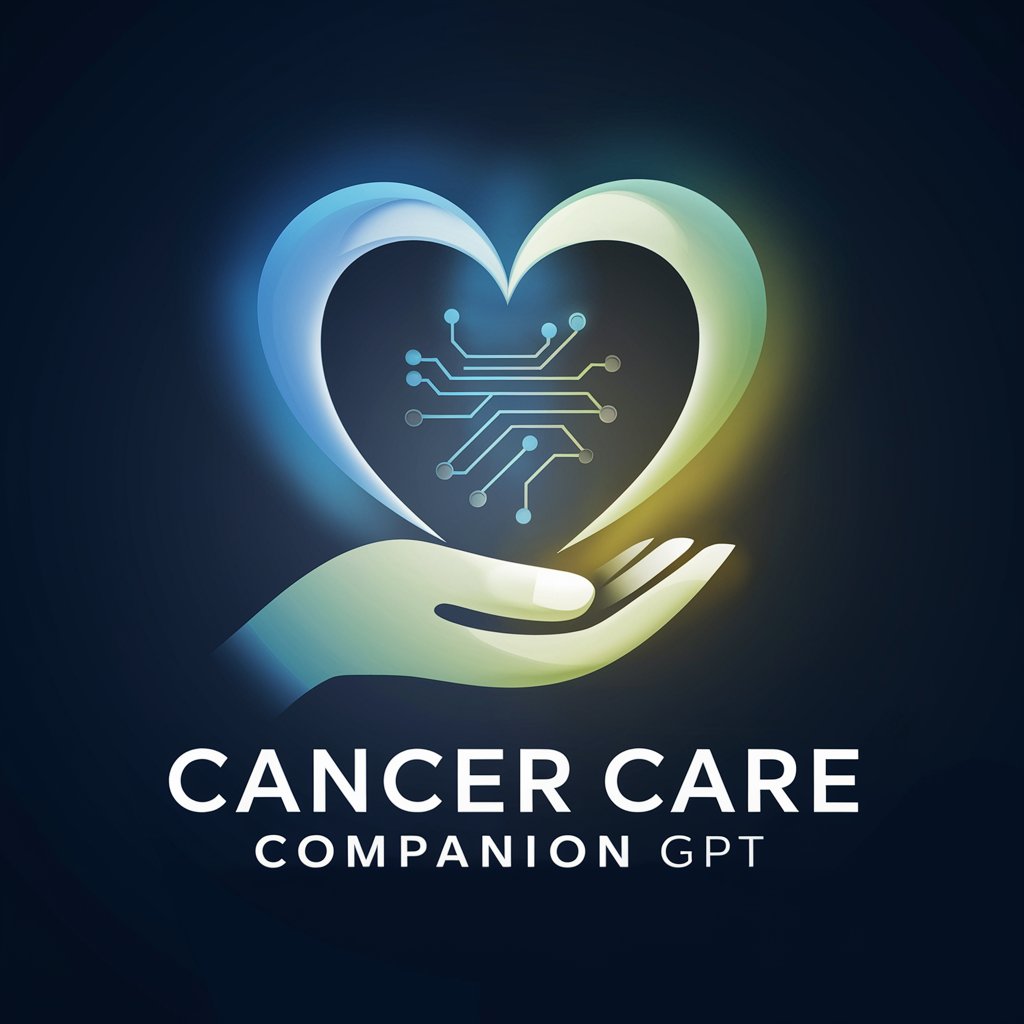
Welcome to Cancer Care Companion GPT, your trusted oncology support.
Empowering Cancer Care with AI
Can you explain the latest advancements in cancer immunotherapy?
What are the side effects of chemotherapy and how can they be managed?
Please summarize the findings of a recent clinical trial on targeted cancer therapies.
How does precision medicine benefit cancer treatment?
Get Embed Code
Overview of Cancer Care Companion GPT
The Cancer Care Companion GPT is designed as an advanced, specialized digital assistant to provide support and information related to cancer care. Its core purpose is to offer accurate, up-to-date oncological information, interpret research studies, clinical trial data, and treatment protocols to support decision-making in clinical settings. It aims to make complex medical terminology more accessible for patients and non-specialists, enhancing understanding and aiding in navigation through the cancer care journey. For example, it can translate the findings of a new breast cancer treatment study into simpler terms, explaining its implications for patient care and treatment options. Powered by ChatGPT-4o。

Key Functions and Applications
Interpreting Research Studies
Example
Explaining the results of a recent study on the efficacy of immunotherapy in lung cancer.
Scenario
A user inquires about the latest treatments for non-small cell lung cancer. The GPT provides an overview of a recent study, discussing how immunotherapy has shown promise in increasing survival rates, including potential side effects and the criteria for patient eligibility.
Providing Updates on Clinical Trials
Example
Offering information on ongoing clinical trials for experimental melanoma treatments.
Scenario
A patient with melanoma looks for treatment options beyond standard care. The GPT outlines ongoing clinical trials, including trial phases, the purpose of the study, eligibility criteria, and how to participate, thus helping the patient discuss these options with their healthcare provider.
Explaining Treatment Protocols
Example
Detailing the standard chemotherapy regimen for breast cancer.
Scenario
A newly diagnosed breast cancer patient seeks to understand their treatment plan. The GPT breaks down the chemotherapy protocol, including drug names, treatment cycles, expected outcomes, and management of side effects, facilitating a better understanding of their treatment journey.
Target User Groups
Patients and Caregivers
Individuals navigating the cancer diagnosis and treatment process. They benefit from simplified medical explanations, updates on treatment advancements, and support in understanding their care options, fostering informed discussions with healthcare providers.
Healthcare Professionals
Clinicians, nurses, and other medical staff seeking quick access to the latest oncology research, treatment protocols, and clinical trial information to support patient care. This tool aids in staying abreast of advancements and integrating evidence-based practices into treatment planning.

How to Use the Cancer Care Companion GPT
Initiate your trial
Start by visiting a platform offering a trial experience, such as yeschat.ai, which allows you to explore its features without the need for login or a ChatGPT Plus subscription.
Identify your needs
Consider what information or assistance you're seeking, whether it's understanding cancer treatments, interpreting medical research, or finding supportive care advice.
Engage with the GPT
Interact with the GPT by typing your questions or concerns related to cancer care. Use specific queries to get the most precise information.
Utilize its resources
Take advantage of the tool's ability to provide up-to-date research findings, explanations of medical terminology, and visual aids for better understanding.
Follow up
For complex queries, don't hesitate to ask follow-up questions to clarify or expand on the information provided.
Try other advanced and practical GPTs
🌬️ BreatheEasy Pulmo-Advisor 🩺
Empowering Your Lung Health with AI

🩺 AI Rheumatology Consultant
Empowering Rheumatology with AI
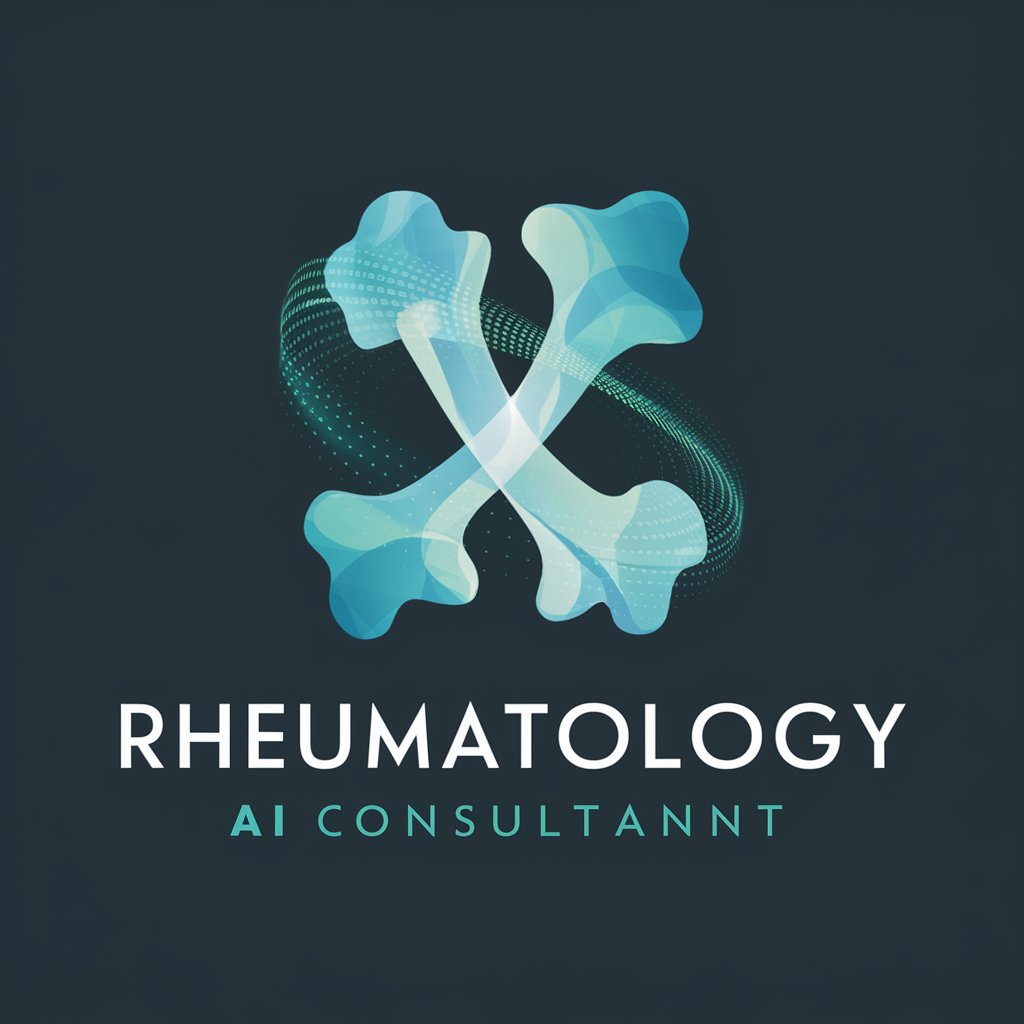
🤰🩺 OB-GYN Virtual Consultant 👩⚕️👶
Empowering women with AI-driven health guidance.

👁️ Eye Health Virtual Consultant
AI-powered Eye Health Insight

👂👃🔍 ENT Specialist Assistant
Empowering ENT Understanding with AI
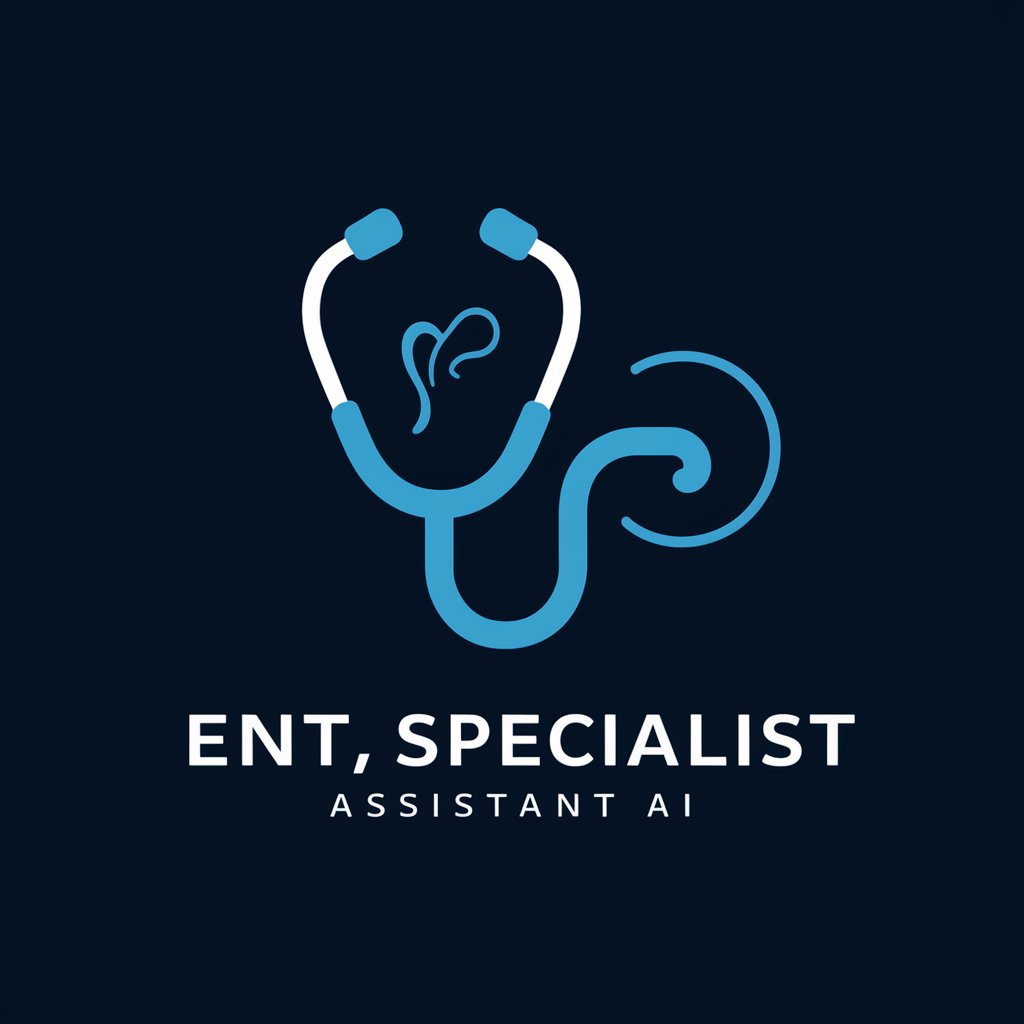
🧠 MindMender: Psychiatry Aid 🧠
Empowering mental wellness with AI
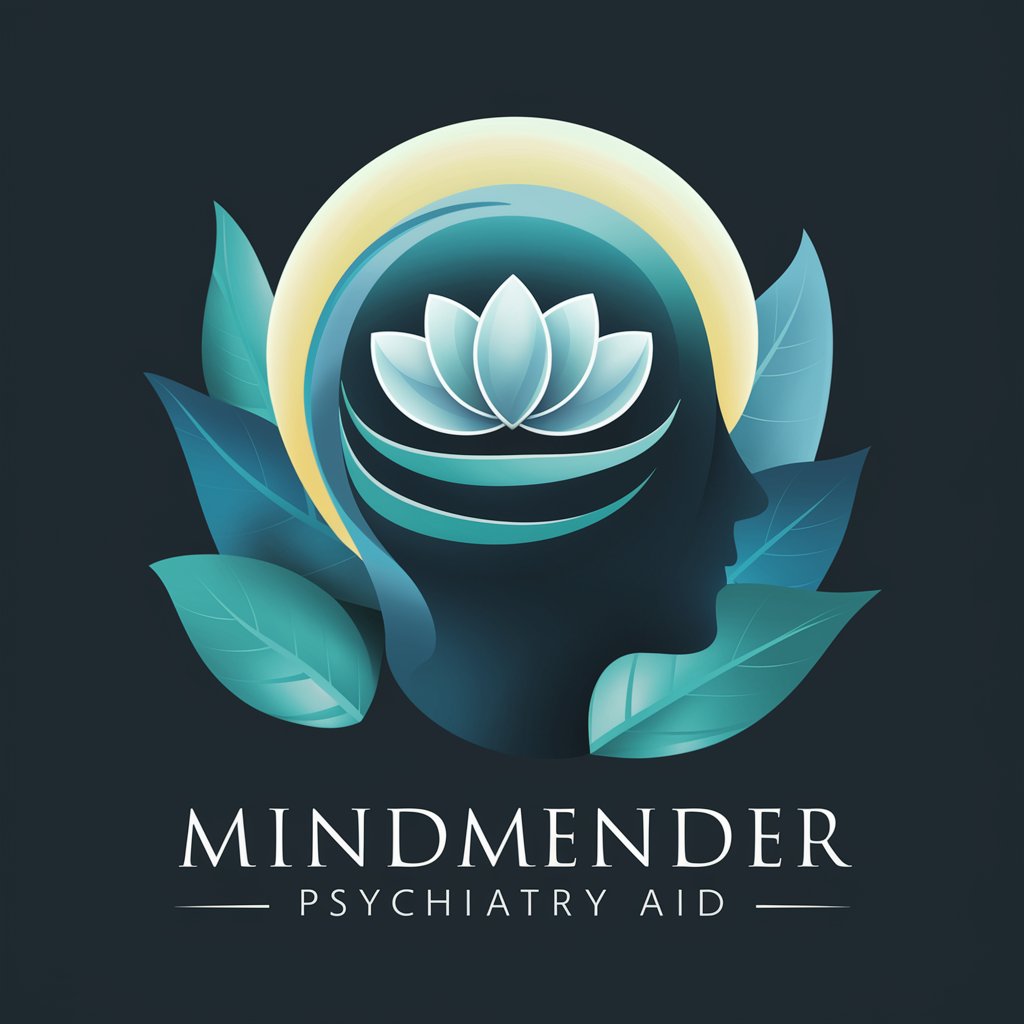
🧠 NeuroNurse Navigator 🧬
Empowering Neurological Understanding with AI
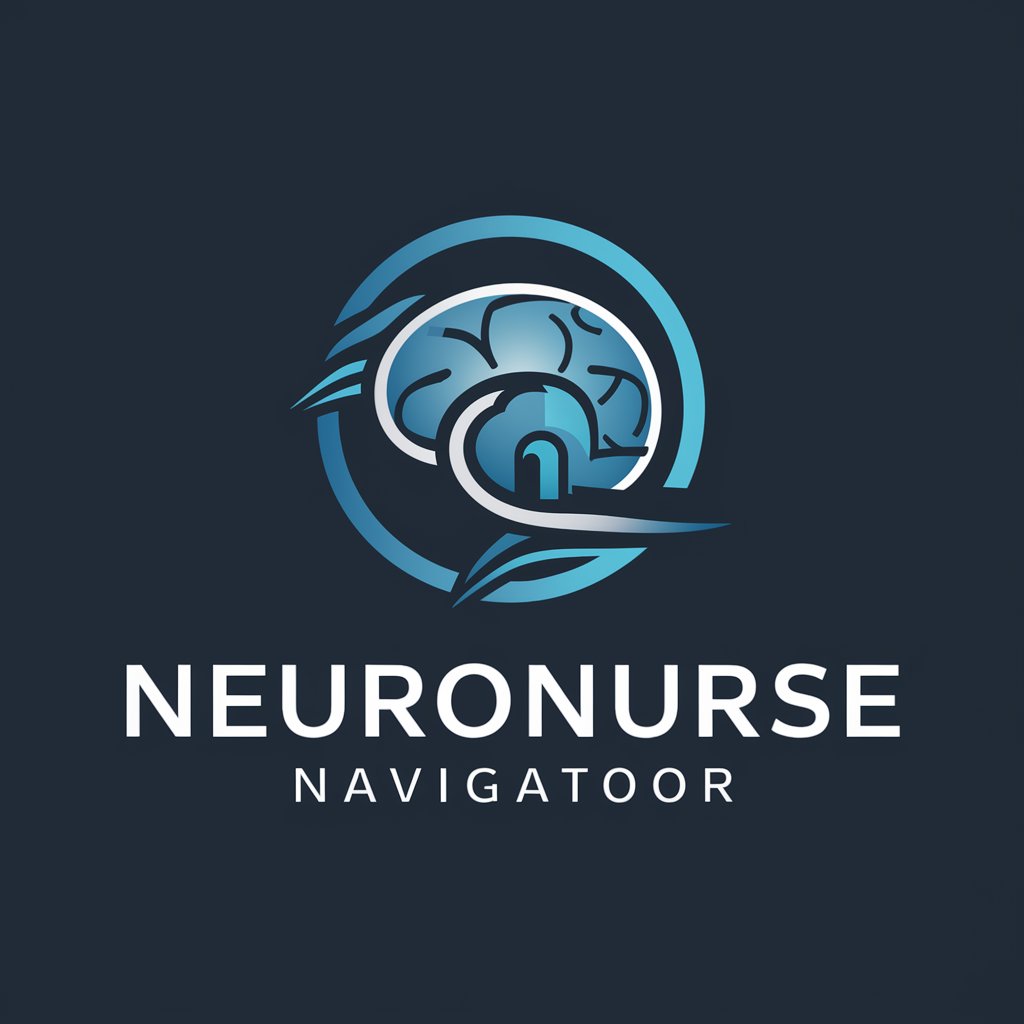
🩺 Kidney Health Assistant 🏥
Empowering kidney health with AI
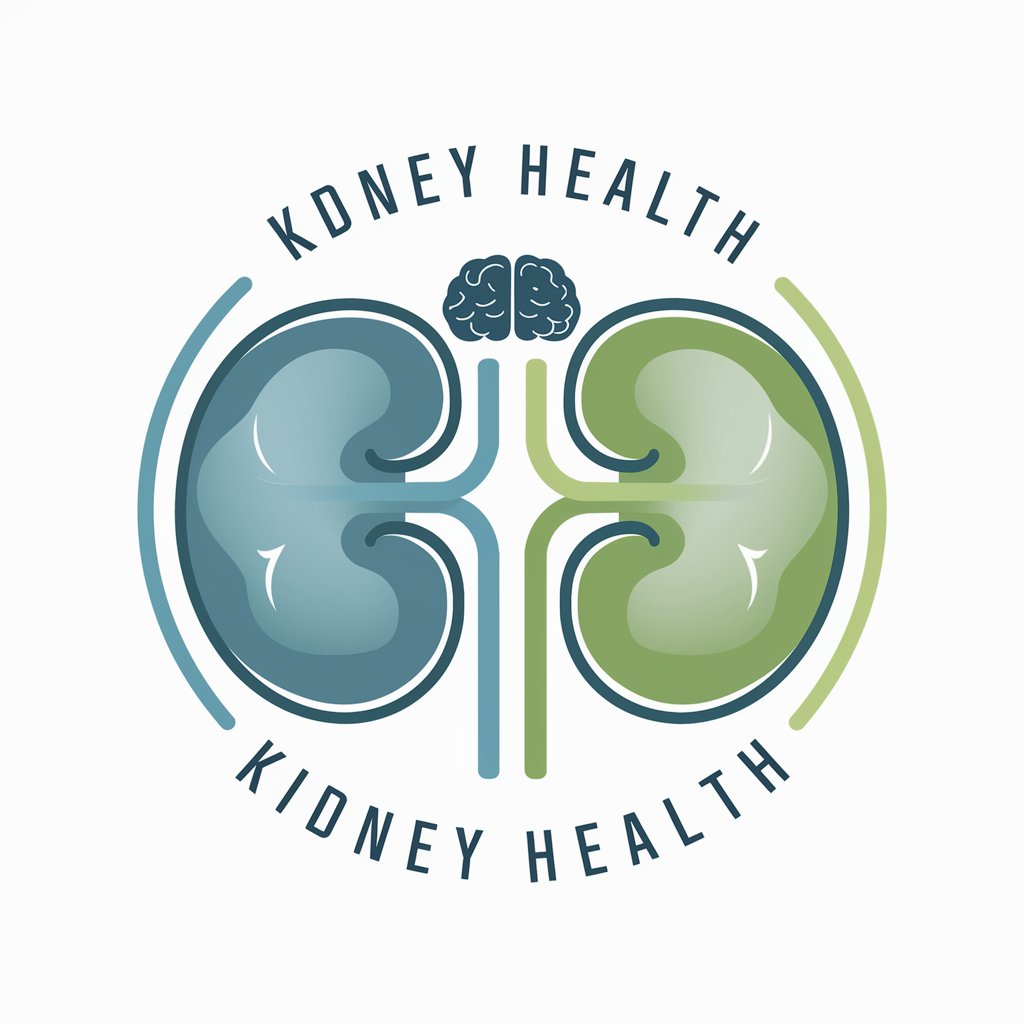
🔬 Epidemic Analyst Pro 🦠
AI-powered Epidemic Intelligence
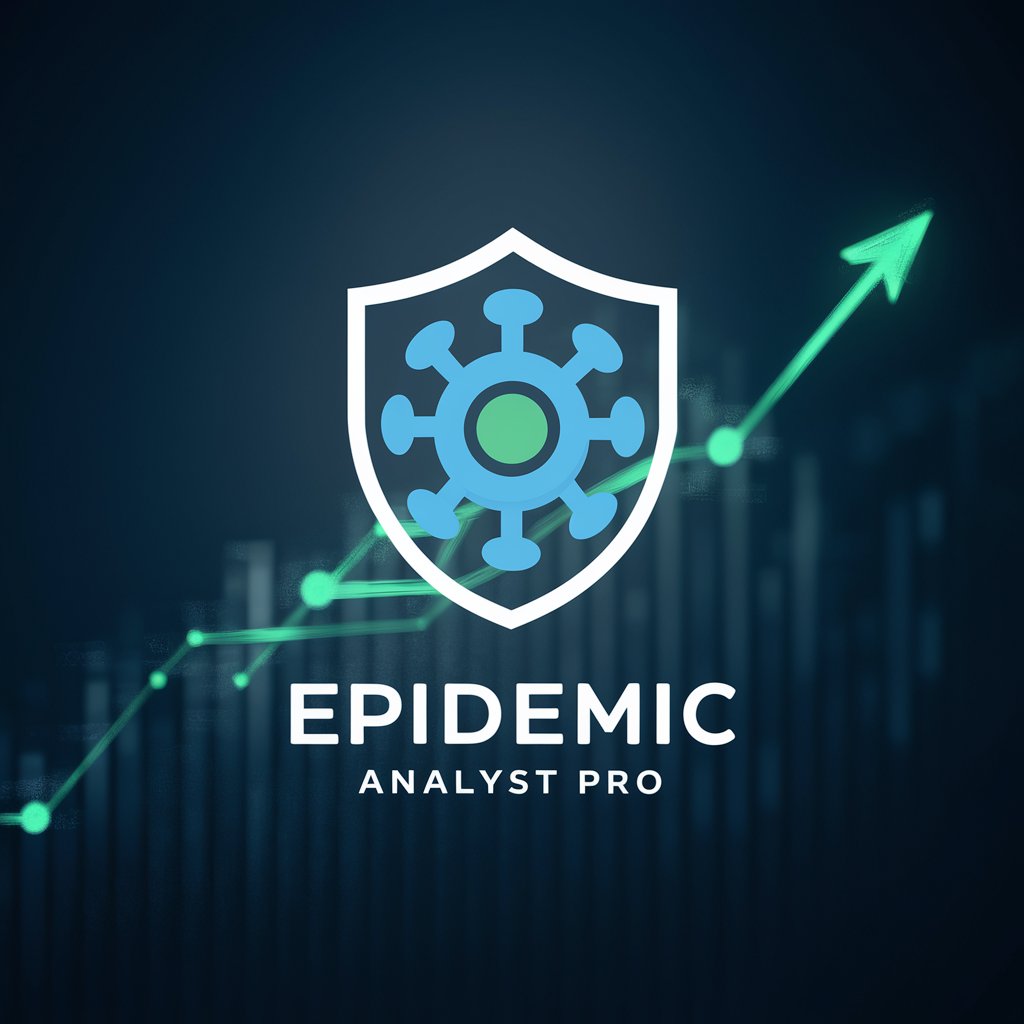
🔬🩸Bloodline Insight Assistant👩🔬
Empowering Blood Health Understanding with AI
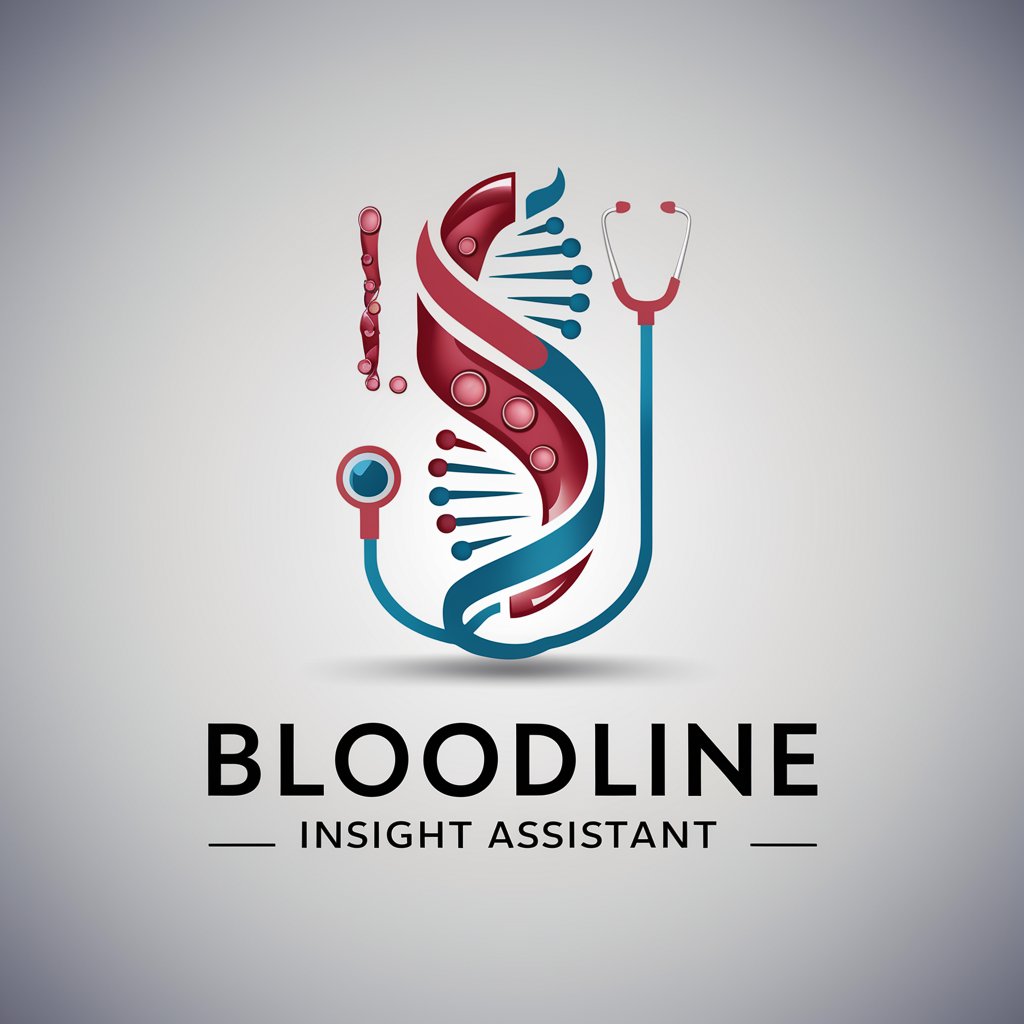
🩺 Endocrine Expert Navigator 🧬
Empowering endocrine health with AI
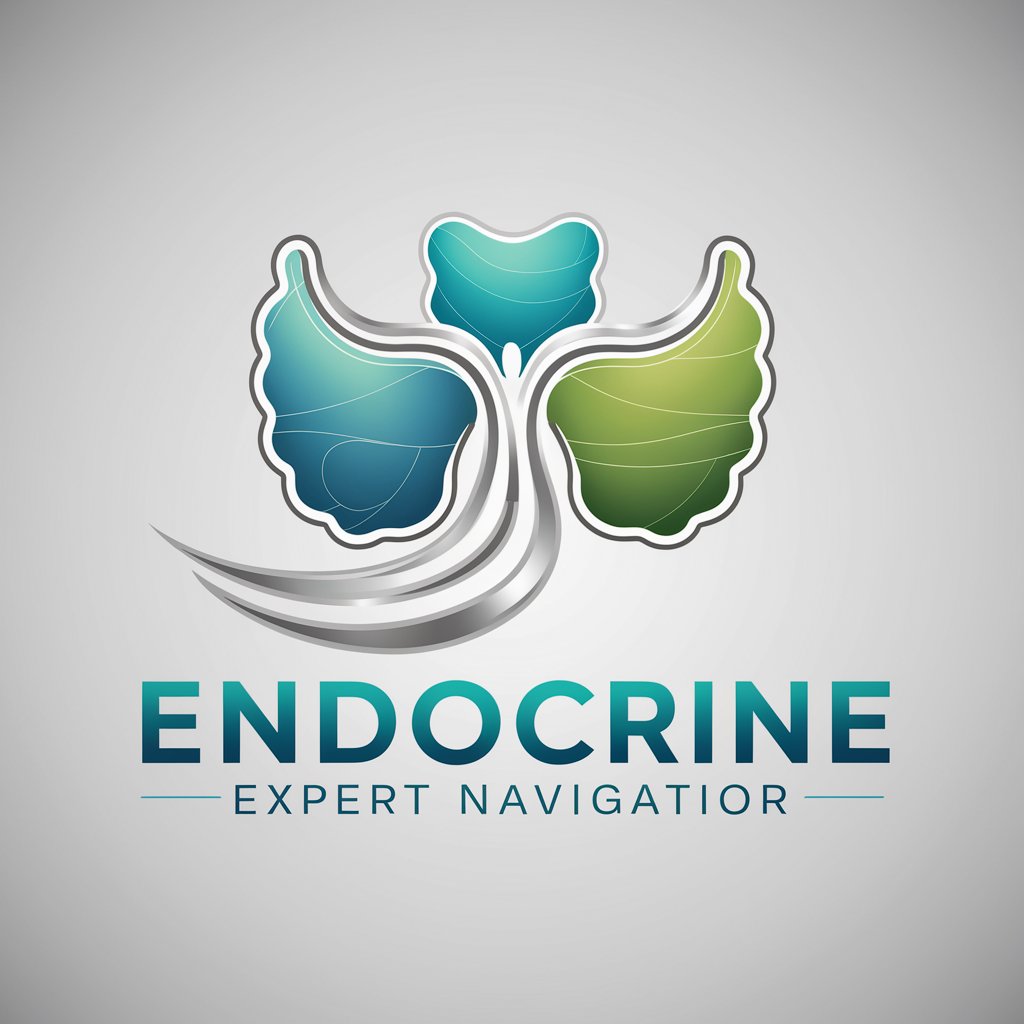
🔬👨⚕️ GastroHealth Insight AI 🍏
Empowering Digestive Health with AI
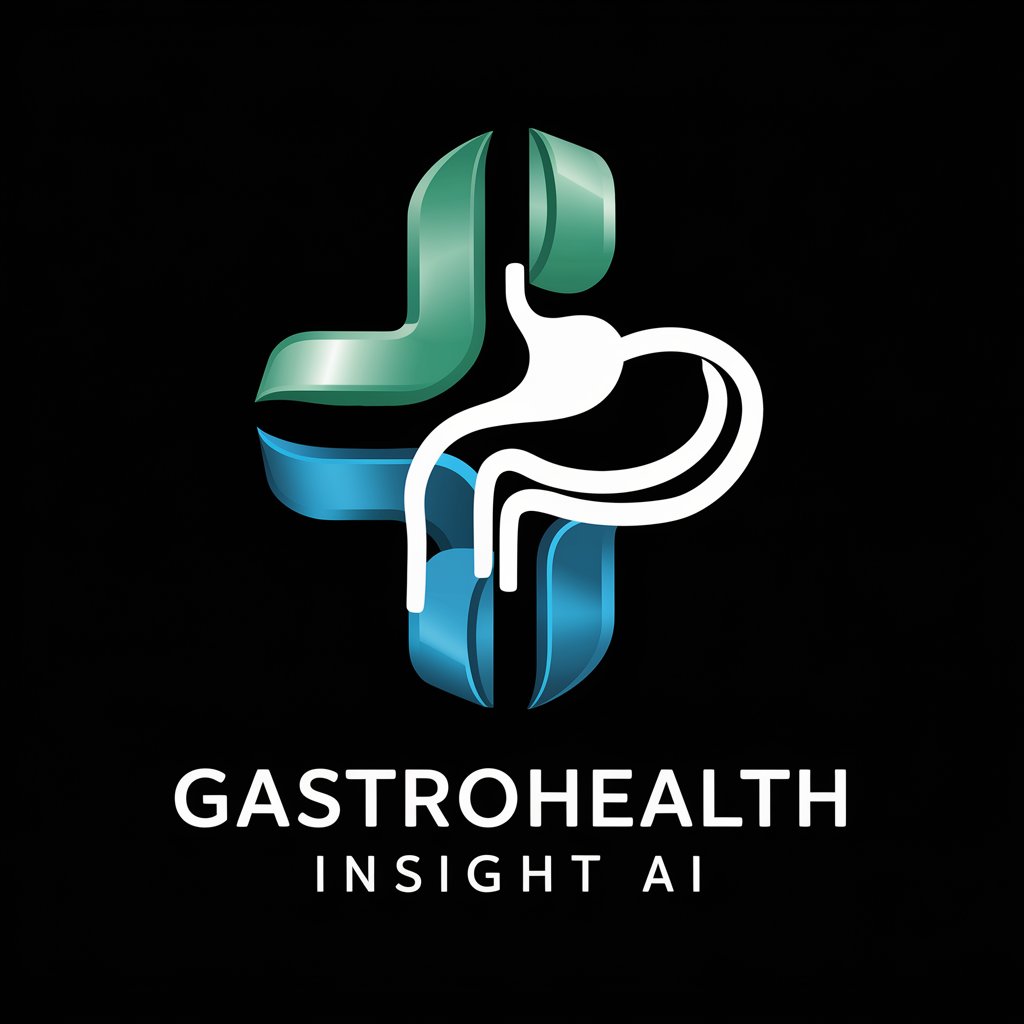
Frequently Asked Questions about Cancer Care Companion GPT
What is the Cancer Care Companion GPT?
It's a specialized AI tool designed to support individuals by providing accurate and current information on various aspects of cancer treatment and care, leveraging the latest in AI technology.
Can it provide medical advice?
While it offers information based on reputable sources, it's not a substitute for professional medical advice. Users are encouraged to consult healthcare professionals for personal medical concerns.
How current is the information provided?
The GPT accesses the latest research studies, clinical trial data, and treatment protocols, ensuring the information is as current as possible.
Is it suitable for medical professionals?
Yes, it can assist medical professionals by providing quick access to research, summarizing studies, and explaining complex medical terms, aiding in decision-making and patient care.
How can patients benefit from using it?
Patients can gain a better understanding of their condition, treatment options, and what to expect during their cancer care journey, empowering them with knowledge to engage in informed discussions with their healthcare provider.
